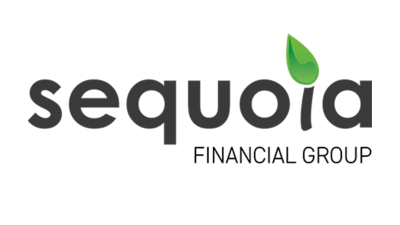Most adviser fee models are not producing acceptable profit


Most ongoing fee models are not producing an acceptable standalone profit, according to a financial advice consulting firm.
Peloton Partners chief executive, Rob Jones, said most of the expenses of an advice firm’s profit and loss were from the delivery of ongoing advice and implementation of that advice.
He said most advice firms operated single factor pricing models that priced the wealth of clients only or segmented clients by how much revenue they were paying the business. However, this kind of model did not recognise that clients could be complex no matter their financial position, client needs were varied, the regulatory and legislative environment was always changing, and business costs were never static.
“Most pricing frameworks are unhealthy and are not doing what they should be doing and the level of profit that’s been delivered is around 15%,” he said.
Jones said when firms stripped out non-recurring revenue it would reveal the ongoing pricing model. While some might make a profit, he said, it was barely and not at a sustainable level.
“At this level you’re operating a small, risky business when you should be targeting a return between 30% to 35% on your ongoing service,” he said.
Jones noted that most of the pricing issue came from ineffective single pricing models that “made no sense and had no relevance to the issues the clients faced and for the profit of the business”.
“I'm not saying that advisers are ripping off clients. It's that historical models just haven't kept pace and have not changed whilst everything else has changed,” Jones said.
“It's not an issue of ethics of running a percentage-based fee on funds under management or a fixed fee and beating your chest that you already a fixed fee firm. It's got nothing to do with it. It's got to do whether or not that model is complex and sophisticated enough to price sophisticated clients circumstances. That's what is important.”
Jones noted that advisers were “dumbing down” their value even though financial advice made a genuine difference to clients.
“Clients value the advice they receive and this is not an issue of needing to sexy up your service offering by trying to provide clients with big fancy things,” he said.
Jones said some advice firms he worked with had tripled fees and some had gone backwards if needed.
“But in every single case, it's never been an issue of clients not valuing the advice. It’s advisers not valuing what they do. Its advisers not valuing the advice enough so clients aren't the issue. You're the issue, we're the issue,” he said.
Recommended for you
Despite the government agreeing to replace SOAs with CARs, the FAAA and SIAA believe greater streamlining of documentation is needed for the change to have a positive impact on advisers.
There are “multiple black swan events” threatening the financial advice industry currently, according to the FAAA’s Phil Anderson, potentially running up the compensation bill for advisers.
Former national business growth manager at AMP Advice has taken a new role at Sequoia Financial Group.
With the ESG label often causing confusion among investors, Nanuk Asset Management has encouraged financial advisers to use more plain, specific language with their clients.














